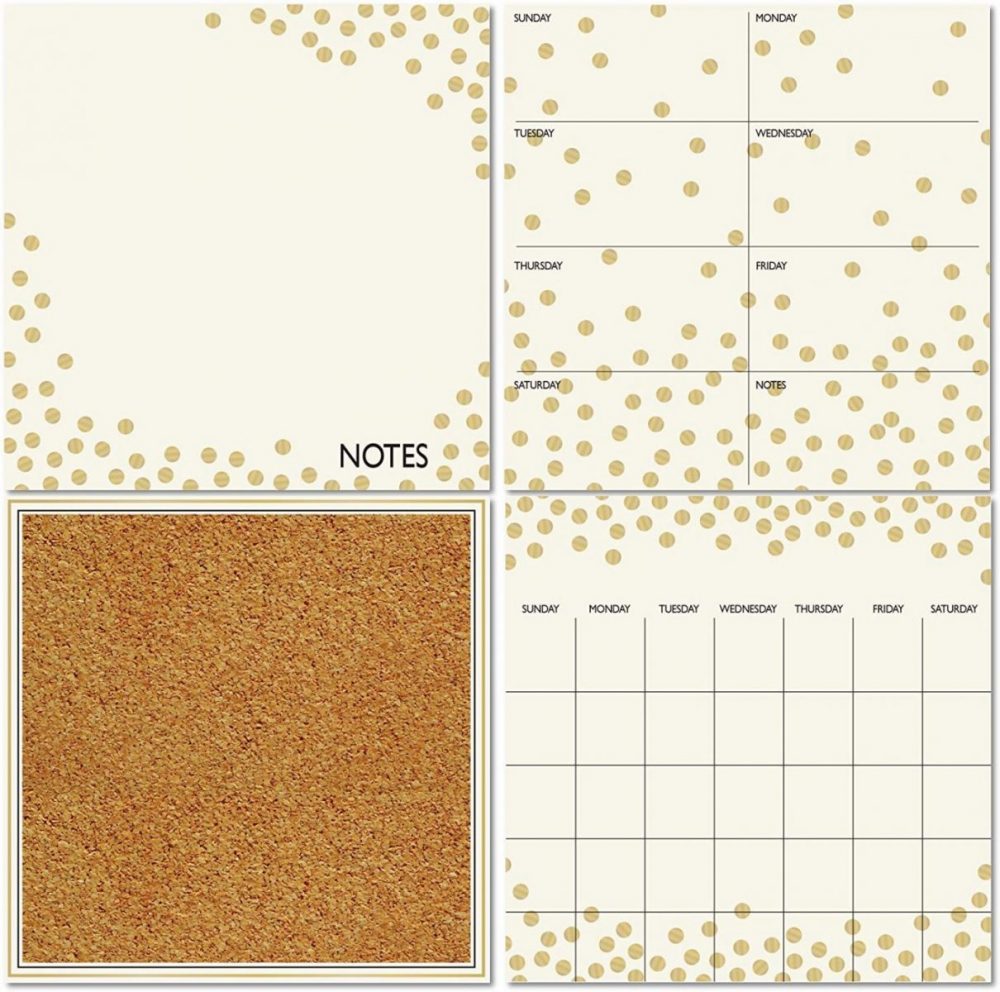“A baby is born with a need to be loved – and never outgrows it.”
– Frank A. Clark
It’s not easy for a new parent to be certain when an infant is ill. Health care workers are so used to requests for information that a parent’s genuine concern can sometimes be treated too casually. It’s enough to make a mama doubt her own instincts.
Fortunately, even new parents can objectively measure their baby’s health.
The First Seven Days
During the first week of life, a baby should nurse at least 8 times a day for more than 15 minutes at each feeding. You should be able to hear the baby swallowing milk. Meconium, baby’s first black sticky stool, will pass. This will transition from a black-green color to a brown doughy consistency. By day 4 or 5 the color will be yellow. Wet diapers will appear by the second day. By the end of this week, the frequency of wet diapers will increase to 2 or 3 per day. And consequently, the necessity of a waterproof wet dry nappy bag will increase.
A baby that is not doing well will also give hints to his condition during the first week. There is the reason to be concerned if a baby has a weak sucking reflex, little or no desire to nurse and cannot sustain a feeding for at least 15 minutes, 8 times per day. If a baby falls asleep before nursing for 15 minutes, makes a clicking sound when nursing, and has dimpled cheeks when sucking, these are also indications that there is some difficulty. It is outside of a healthy range if the baby’s stools haven’t changed and there is no urination two days after the birth. Two days of these symptoms indicate that you should seek medical help.
The Initial 30 Days
Signs of a healthy baby will be similar for the first month. For weeks 2 through 4, the baby will continue to nurse at least eight times a day and have 2 to 4 yellow bowel movements per day. Wet diapers will likely occur between six to eight times per day with clear, not yellow, urine. The suck will strengthen, and you should see milk and continue to hear swallowing during feedings. Your baby will grow both in weight and alertness.
However, in this 2nd to 4th week, you should make a note of anything that is out of the ordinary such as a baby not eating at least 8 times per day, infrequent or small stools, too few wet diapers, or if the urine becomes bright yellow. You should be able to measure an increase in your baby’s weight and length. Should the baby have a weak or tired sucking reflex, if you can’t hear swallowing if the baby becomes sluggish, slow to respond or refuses to sleep between feedings, these are all indications that something is not right. If you observe these behaviors for more than two days in a row, contact a health provider for assistance.
Weeks 5 TO 10
During this stage, the baby’s feedings may go down to seven per day. As your little one grows, he can take larger feedings. Bowel movements will continue to change and will settle into a pattern of either several small stools in a day or a large bowel movement every 2 days. In breastfed babies, this is normal because the body assimilates much of the milk with little waste. The wet diapers (6-8 per day) will continue in frequency, but check to be sure the urine isn’t a yellow concentrate. Expect increased alertness, strengthened suck, audible swallows and a little milk dribbling at feeding time.
During this 5th to 10th week, you may have a reason for concern if your baby doesn’t nurse at least seven times per day or produce the right amount of wet (not bright yellow) diapers each day. Note carefully whether or not your baby is gaining weight and getting longer. Weak, tired sucking without an audible swallow indicates the baby is not getting proper nourishment. Seek medical assistance if your baby becomes lethargic, slow to respond or unable to sleep between nursing sessions. Two consecutive days of these behaviors indicate something is wrong.
Monitoring Your Baby
Knowing when your baby last ate and how often can be complicated enough if you were operating on a full night’s rest. It can be overwhelming to expect a new mother to know this with reduced sleep. One simple way to remedy this is to leave a notebook and pencil near the baby’s sleeping area. Whenever mama feeds or changes the baby, note the time and what was done along with your observations.
For example, you might write: “4:00 p.m., b-fed 15 min., wet diaper – clear, no poop” Start with a clean sheet each day. Write the date at the top of the page.
This way, should anything seem out of the ordinary, you can refer to your notes and present them to a doctor if needed. This is also a good way for a new mama to bond with her baby. By looking over her list, even a weary mama can tell at a glance if the crying is due to hunger (too long between feedings) or constipation (hasn’t moved his bowels). This helps mama learn the different sounds of her baby’s cries. This goes a long way towards helping a new mama learn to trust her instincts when it comes to her baby.
The best advice for new mamas, however, comes from not-so-new mamas. Enjoy these first few weeks to their fullest. Other things can wait while you take the time to get to know your baby. They aren’t little for long.
Amy Rose has 19 years of parenting experience, with a teenager and a preschooler under her wings. She runs AmyandRose which aims at simplifying the life of parents.




